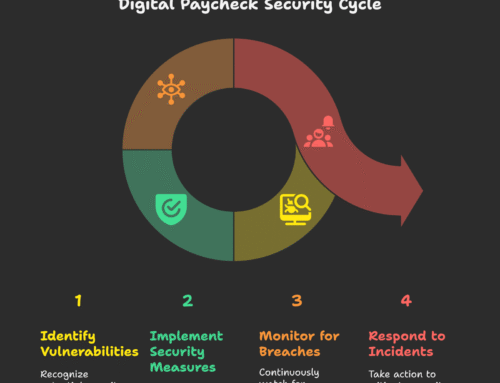Many of us procrastinate, and if there’s something you’ve been avoiding, delaying or sidestepping, you’re not the only one. Perhaps you have a deadline looming, but instead of doing your work, you’re fiddling with miscellaneous things like checking email, social media, watching videos, or surfing the internet. You know you should be working, but you just don’t feel like doing anything.
Procrastination, however, doesn’t necessarily equal lazy. Inaction is often caused by anxiety, fear of failure, or negative perfectionism. But things can only be put off for so long, and procrastination often saps our time and our energy.
To stop the stress caused by not getting things done, try these 6 simple solutions:
1. Break It Down
Big tasks can be overwhelming, so we put them off. The trick is to break a large task down into little parts, then focus solely on the next, achievable chunk of work. Ignore the big picture for a while and just tackle that next small task. Make sure you can easily visualize the outcome of your small task. Don’t write a book; write a page. If it is still intimidating, commit yourself to work on it for a specific period of time.
Keep the big picture in mind, of course, but don’t allow it to frighten you. By taking that huge job and breaking it down into its first few concrete tasks, you can reduce your fear and help yourself get started.
2. Find Your Why
Why do you want or need to do this task in the first place? What will be the reward for completing it? It’s usually easier to get yourself to do something you value. If you’re struggling to get something done, why not spend a few minutes thinking more deeply about exactly why you want to do it. Sometimes we lose sight of why we took on a project or task, so it’s important to remind ourselves what motivated us in the first place.
3. Try Doubting Your Doubts
Doubts will arise for even the most confident of people. Unfortunately, doubts cause procrastination. Here’s a little tip for side-stepping doubts: try doubting your doubts. One easy way to do that is by shaking your head while thinking those negative thoughts. It may sound childish, but according to a recent study, it can momentarily reduce levels of uncertainty, and allow you to think of more positive alternatives.
Without doubting ourselves we might find it difficult to make good decisions, but too much doubt, can stop us from taking any decision at all.
4. Eliminate Your Procrastination Pit-stops
If you are procrastinating a little too much, maybe that’s because you make it easy to procrastinate. Identify your browser bookmarks that take up a lot of your time and shift them into a separate folder that is less accessible. Disable the automatic notification option in your email client. The point is to get rid of the distractions around you and eliminate any potential deterrents.
5. Choose Empowering Expressions
Every time you say to yourself that you “have to” do something, you imply that you don’t have any choice, and you may feel forced or coerced to do the task. That perception, of course, may elicit a strong feeling of resistance toward doing the task.
The solution to this problem is to replace ‘I have to’ with a more empowering phrase, such as, ‘I choose to’ or ‘I will’. At first, it may seem to be a simple matter of word choices. But when you try this simple way of re-framing your thoughts, you’ll see how it instantly changes your attitude toward your tasks.
6. Allow Yourself to Be Imperfect
Surprisingly, perfectionists are often procrastinators, as they can tend to think, “I don’t have the right skills or resources to do this perfectly.” Or, “This project has to impress everyone; I really can’t blow this opportunity.” Placing such high hopes on a project only adds anxiety and fear of failure. Perfectionism fuels procrastination. Overcome this mental block by simply giving yourself permission to be human. Allow yourself to be imperfect with the next small task. You can always refine your work later. Instead of making every step perfect, think of them as steps toward perfection. For instance, write a page or two now, then proofread and correct them later.
Conclusion
If you’re honest with yourself, you probably know when you’re procrastinating. Think about the habits that often cause it, and try and understand how procrastination affects your life. Addressing procrastination is sometimes just being more conscious of your actions. Then, when you know why you’re doing it, you can take active steps to manage your time and outcomes better.
Download the eBook and find out what makes people happy to go to work every day and give their best, with real answers from employees across the world.
Image via Pixabay
About the author:
This article was brought to you by Dakota Murphey; BA (Hons) Marketing graduate, working alongside Klear Minds. She’s passionate about sharing her experience of self-development and productivity.







Leave A Comment